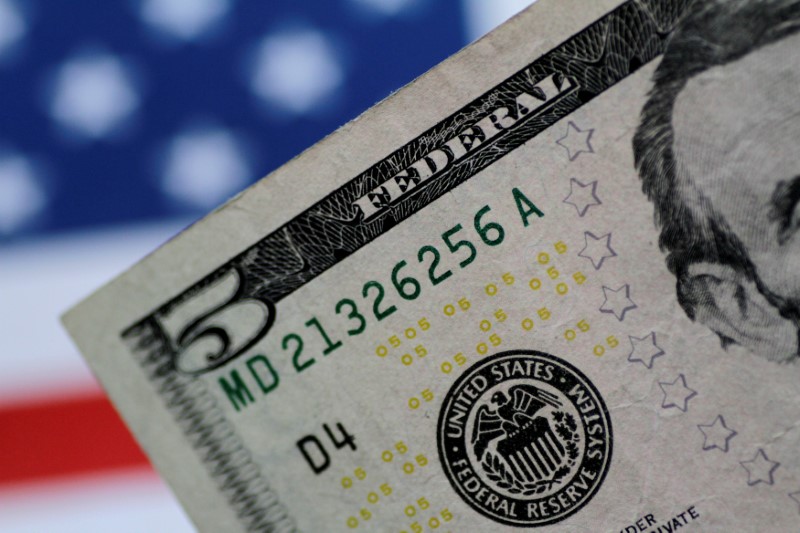By Saqib Iqbal Ahmed
NEW YORK (Reuters) - The dollar rose against a basket of currencies on Friday, helped by a sharp drop in the British pound after Prime Minister Theresa May's Conservative Party lost its parliamentary majority in national elections.
The dollar index (DXY), which tracks the greenback against six major rivals, was up 0.37 percent at 97.273, after rising to a 10-day high of 97.5 earlier in the session.
The index had fallen to a seven-month low midweek on caution ahead of U.S. Senate testimony by former FBI Director James Comey and the British election. But on Friday, it added to gains from the previous session.
Comey on Thursday accused President Donald Trump of firing him to try to undermine the bureau's investigation of possible collusion between his 2016 presidential campaign team and Russia, but did not say whether he thought the president sought to obstruct justice.
"Comey's testimony was pretty much a non-event for the markets. I think it was more of a relief (for the dollar) than anything else," said Sireen Harajli, FX strategist at Mizuho in New York.
The euro was down 0.14 percent to $1.1196 against the dollar, a day after the European Central Bank closed the door on more interest rate cuts.
"The overall sentiment is that regardless of what is going on elsewhere, the U.S. is a safe haven for investors and traders," said Minh Trang, senior currency trader at Silicon Valley Bank in Santa Clara, California.
Traders will turn their attention to next week's U.S. Federal Reserve policy meeting, where the central bank is widely expected to deliver this year's second rate hike, Harajli said.
Britain's pound tumbled after an election that denied any party a majority in parliament and fomented a sense of political chaos just days before Brexit talks begin. [nL8N1J56JW]
The pound fell as much as 2.5 percent to $1.2635 in early European trade, its lowest level since May called the election on April 18, before recovering some ground to trade down 1.8 percent to 1.2718.
The Canadian dollar strengthened against its U.S. counterpart as strong domestic jobs data supported the view that the Bank of Canada will raise interest rates earlier than previously thought.

Meanwhile, Mexico's peso reached an almost 10-month high, clawing its way back to levels last seen before the election of Trump as U.S. president, as higher oil prices helped lift emerging market currencies.